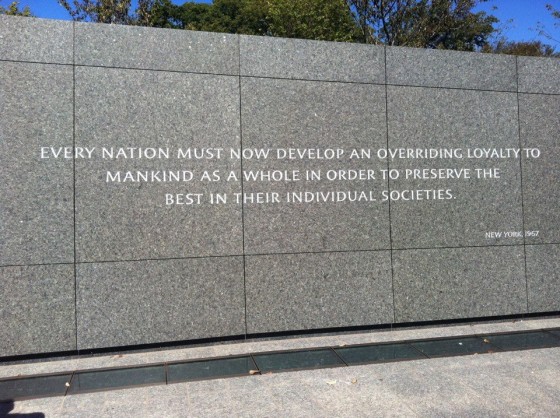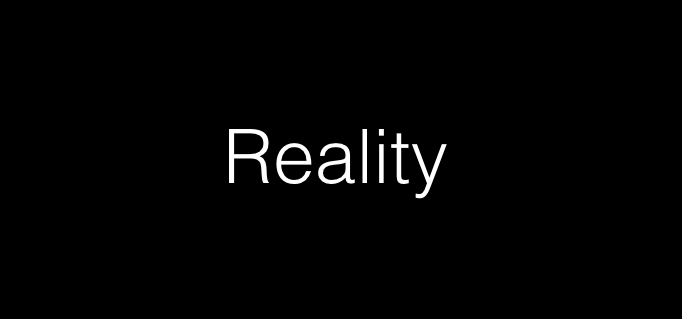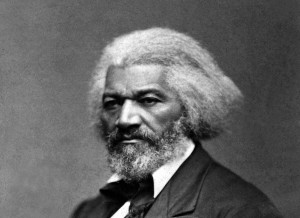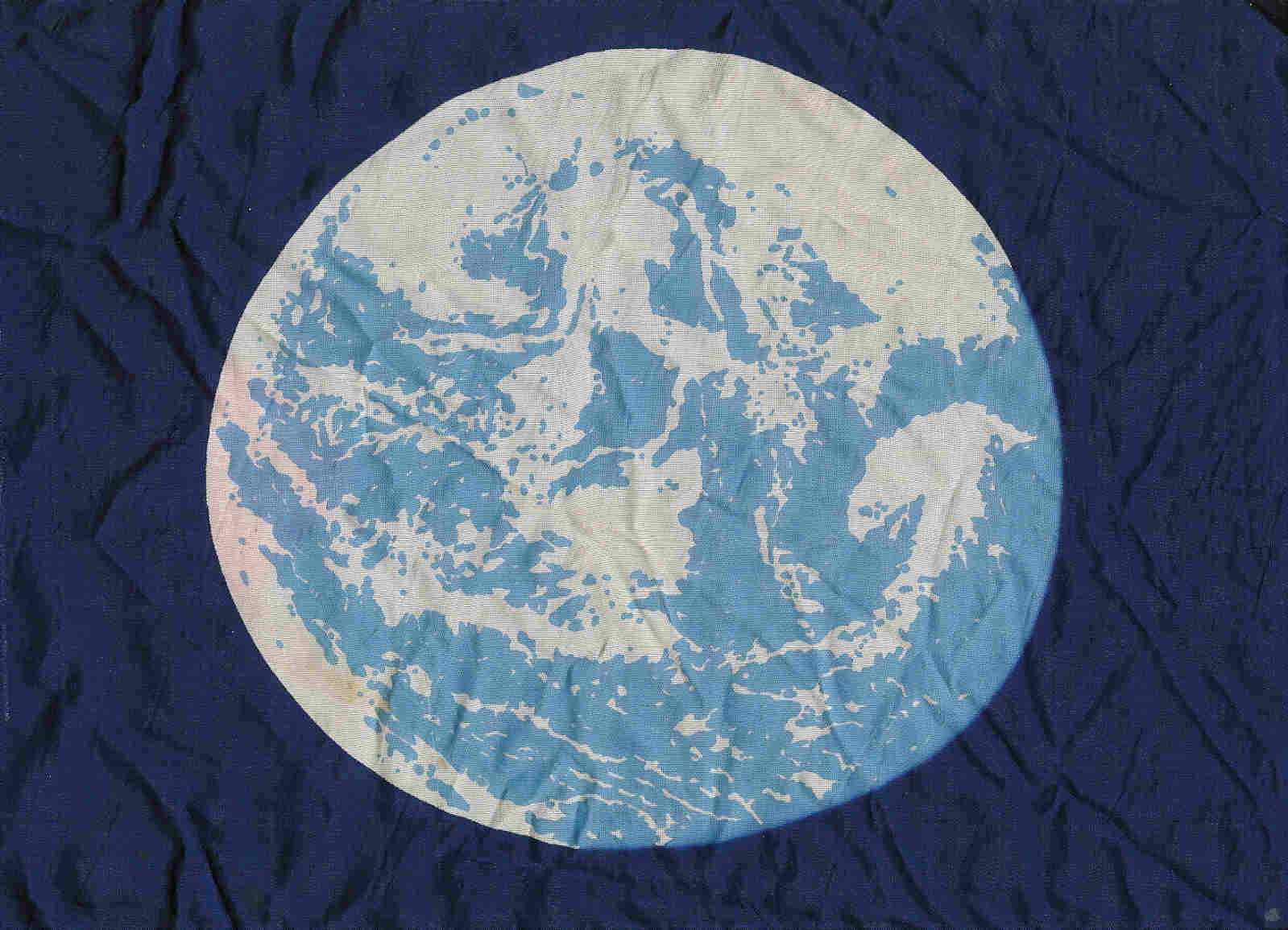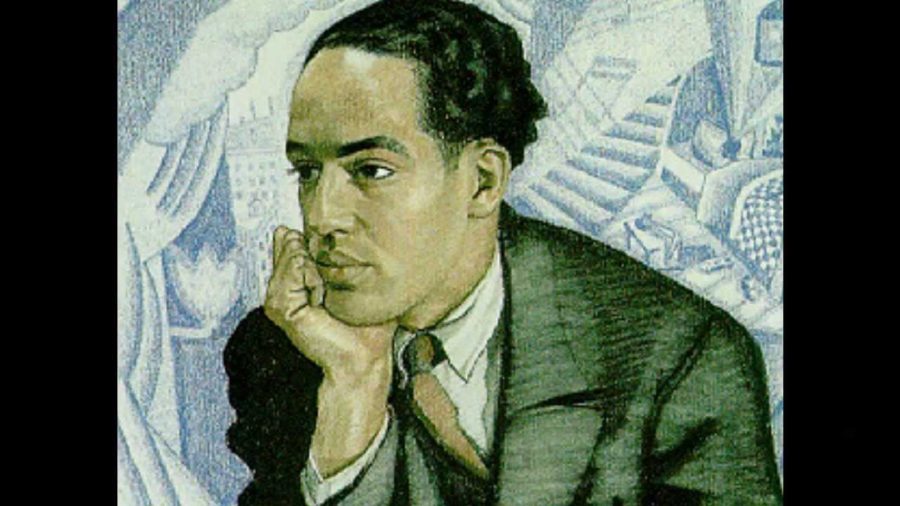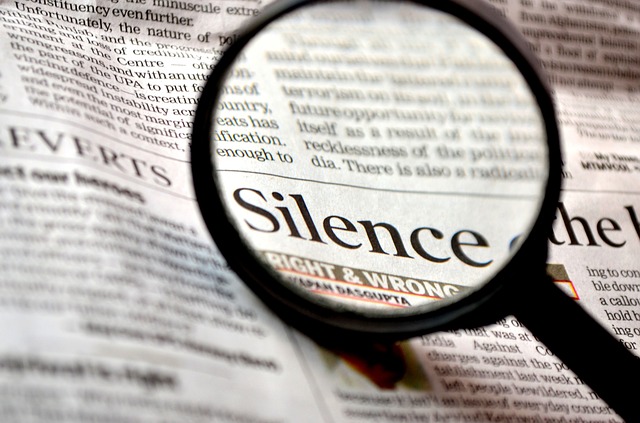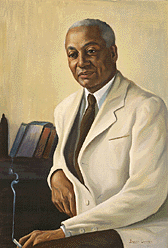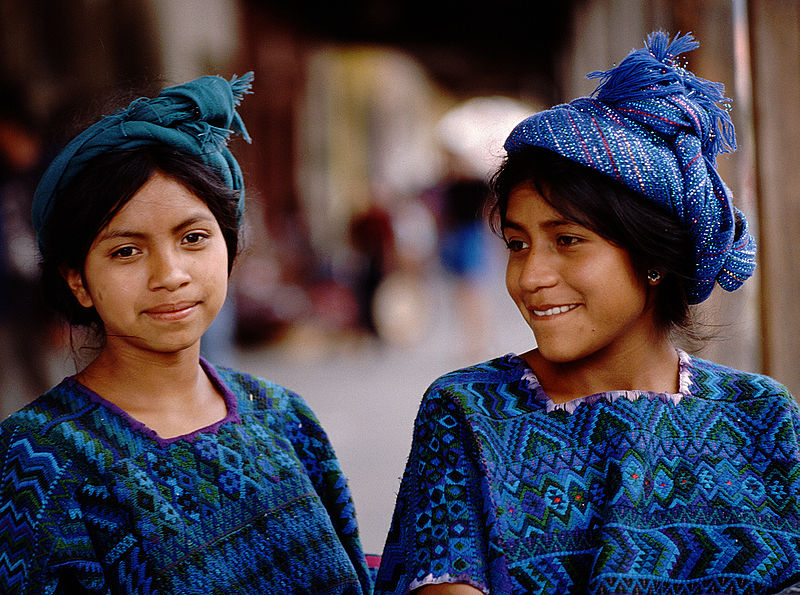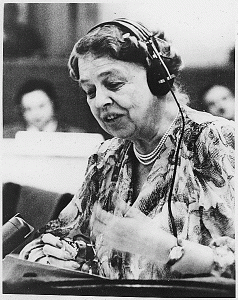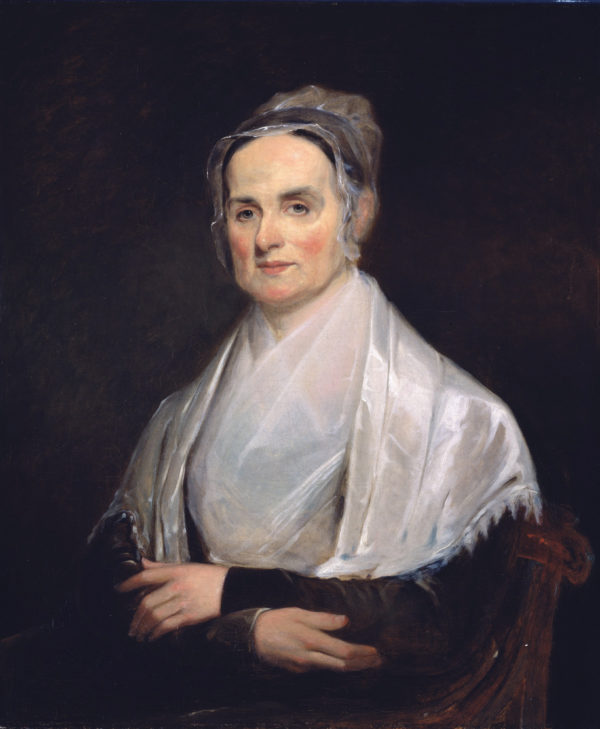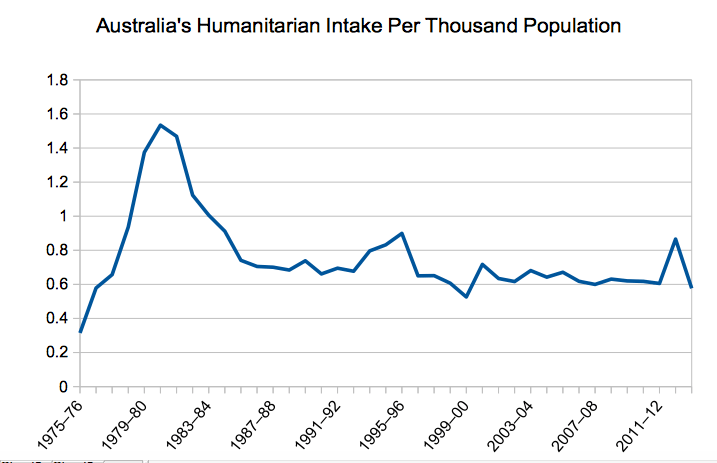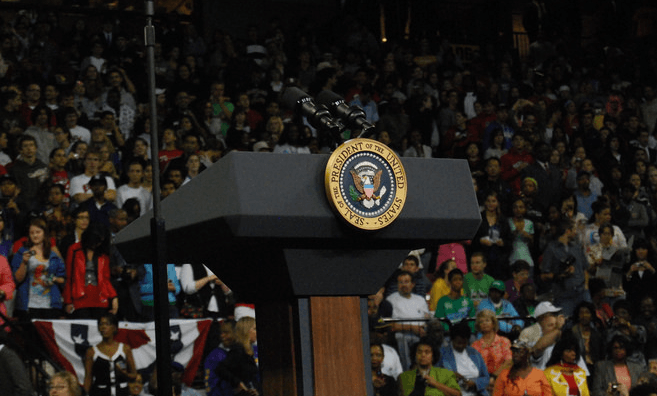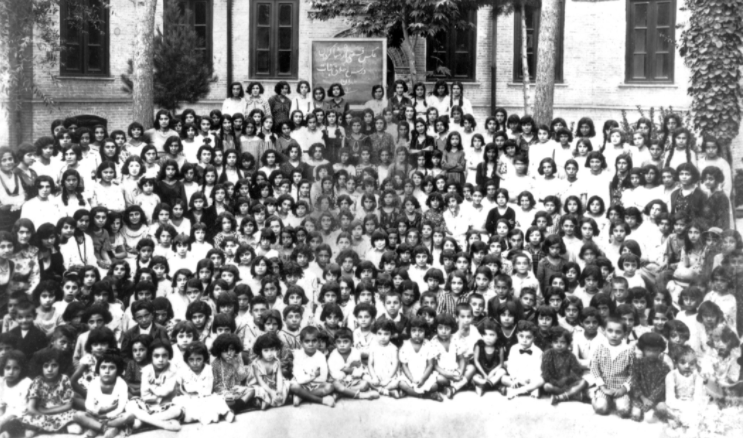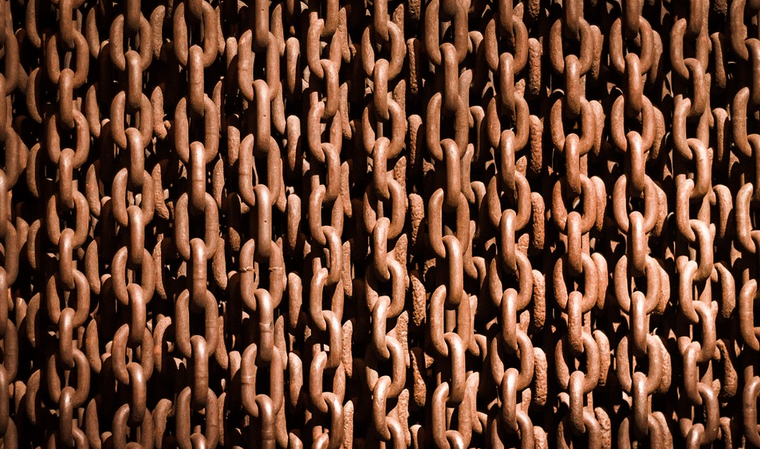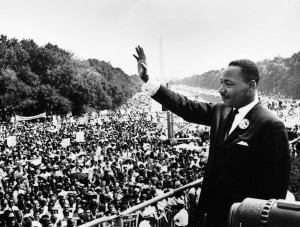-
Martin Luther King Civil Rights Leader and Peace Advocate (Part 1 of 4)
Martin Luther King, Jr. gave his life for the poor of the world, the garbage workers of Memphis and the peasants of Vietnam. The day that Negro people and others in bondage are truly free, on the day want is abolished, on the day wars are no more, on that day I know my husband will rest in a long-deserved peace.—Coretta King This article is part of a series on human rights forebears. Rev. Dr. Martin Luther King Jr lived a life beyond the ordinary and writing about him is challenging. His life made the world that came after him better. This article will not do justice to his contribution.…
-
Belle
Humans are complex beings. The movie “Belle” (director Amma Assante) explores human complexity, particularly as it manifests in everyday human relationships. The movie is set in the late eighteenth century at the height of the transatlantic slave trade. Dido Elizabeth Belle (played by Gugu Mbatha-Raw) is the central character of the movie. She was born into slavery, but her father, Captain John Lindsay, was the nephew of the Lord Chief Justice William Murray (Earl of Mansfield). By this chance of fate, Dido escaped a life of slavery and was brought up instead in British high society – as part of the Lord Chief Justice’s household. The movie explores what life may…
-
Would you have me argue that all human beings are equal?
Frederick Douglass was a remarkable worker for human rights. Although he lived more than a century ago, his thoughts remain pressingly relevant. He began life as a slave, but winning his own freedom, he fought not only for abolition of slavery but also gave his support to other human rights causes, such as the emancipation of women. Born in 1818 in Talbot County, Maryland, he was separated from his mother at an early age, he writes, as was typically done with slave children. His father, he believed, was his mother’s master. Even though it was against the law for slave children to be taught to read and write, Sophia Auld the…
-
The Anti-Immigration Era: What is going on in the United States?
What is happening in America? America is in turmoil on the issue of immigration. Some describe it as the new ‘civil rights’ issue. Laws are being introduced across the country to mark out people who are to be excluded. These laws impact particularly on people of Latino heritage, both migrant and not. Ordinary activities such as driving a car, going to school, picking someone up from the roadside: have all been regulated or criminalised to drive migrants out. Walls have been built to prevent people crossing the border. The border region between the United States and Mexico has been militarised. Across America there are 370 prisons where immigrants are detained and processed for…
-
Libya’s Migrant Slaves
Among the tragedies befalling the people of Libya, is the tragedy befalling its migrant workers. On 9 March the International Federation of Red Cross and Red Crescent Societies reported that 30,000 migrant workers were forced back into Libya by forces loyal to Muammar Gaddafi to ‘return to work’ in Tripoli. This forced return amounts to slavery. It also violates international human rights in another way: Everyone has the right to leave any country … (article 14(2) Universal Declaration of Human Rights). Almost as soon as the uprising began in Libya the bonds that had held a multi-national community together fell apart. Although nationals and foreigners had lived together and shared their future before the uprising – after the uprising a person’s…
-
Bartolome de las Casas: An early human rights worker
Bartolome de las Casas is one of those remarkable people in history who arose at the very beginning of the modern human rights movement. A great humanitarian; he learnt human rights in his encounter with the people of Central and South America during the sixteenth century European invasion of the Americas. He used his office as Dominican friar and later Bishop to uphold the human rights of the indigenous peoples of the Americas. Las Casas came to the America’s as part of the colonial expeditions from Spain, arriving in 1502 in Hispaniola (now Haiti and the Dominican Republic), at the very beginning of the encounter between the Europeans and the people of the Americas.…
-
No One is Illegal
“You who are so-called illegal aliens must know that no human being is ‘illegal’. That is a contradiction in terms. Human beings can be beautiful or more beautiful, they can be fat or skinny, they can be right or wrong, but illegal? How can a human being be illegal?” Elie Wiesel, holocaust survivor, nobel peace prize recipient. If you search for the phrase “No One is Illegal” – you’ll see that its an idea that’s catching on. People are finding the idea relevant in places such as Vancouver, the UK, Montreal, Ottawa, Toronto, Melbourne, Tubingen, Poland and Sweden. Organisations such as change.org and colorlines are speaking out against use of…
-
What ended chattel slavery in the British Empire?
The question of how legal chattel slavery in the British Empire came to an end is an important question to ask. It is far from a historical curiosity. The end of legal slavery in the British Empire potentially contains lessons on how the human rights abuses of our own time might be addressed. Given the political and commercial interests invested in the continuation of slavery and the slave trade how could change ever have come about? Slavery in the British Empire: Hochschild In this video, Adam Hochschild, talks about why chattel slavery in the British Empire ended. He discusses the different stories that have been told (and not told) about this…
-
Abolish Foreignness
Eight million children under the age of five die each year from largely preventable causes. One billion people live in abject poverty. Thousands die crossing international borders while fleeing poverty, war or persecution. Rich countries reinforce barriers, laws and measures to prevent people crossing their borders. Hundreds of thousands are held in migration prisons as if they were criminals. 67 million people live as refugees or are internally displaced as a result of persecution, war, poverty or other causes. Believing that human beings are “foreigners” makes such profound human rights violations possible.
